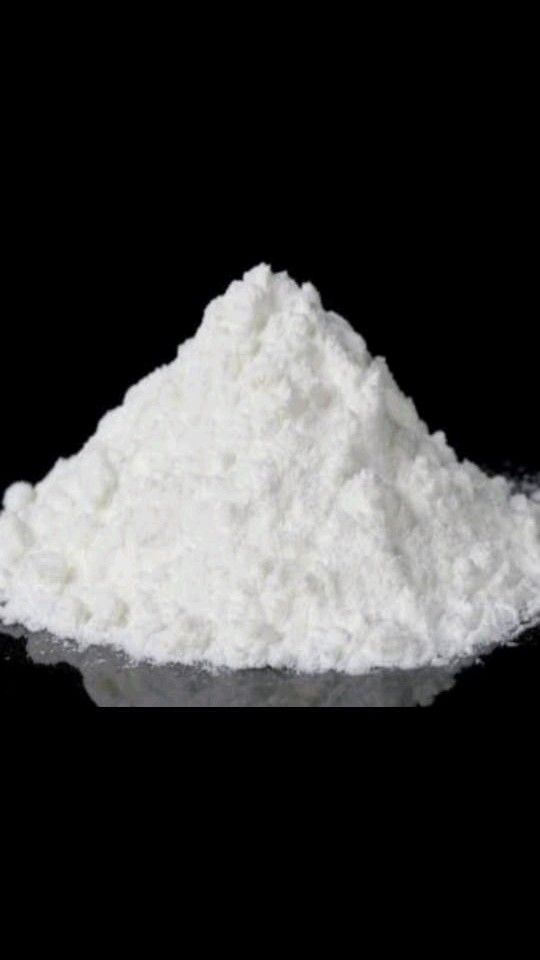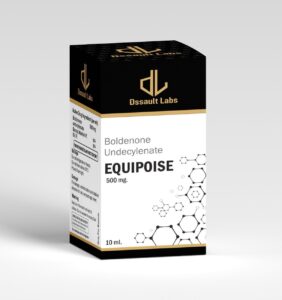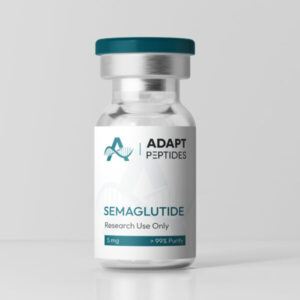Introduction
Pentobarbital Sodium, commonly known by its brand name Nembutal, is a barbiturate that has played a significant role in medical history. Initially used as a sedative and anesthetic, it became prominent for treating insomnia, controlling seizures, and easing patient suffering in surgical procedures. Today, however, its use is heavily regulated due to its high potential for abuse and misuse, especially in cases involving euthanasia and assisted suicide.
This article explores the scientific relevance, medical context, and ethical implications of Nembutal while highlighting the importance of sourcing information and materials from reliable and ethical platforms like WorldScientificImpact.org—a mission-driven organization dedicated to both scientific advancement and humanitarian support.
What Is Nembutal (Pentobarbital Sodium)?
Pentobarbital Sodium is a short-acting barbiturate. It works by depressing the central nervous system, which makes it highly effective as:
- A sedative for severe anxiety or insomnia
- An anticonvulsant in emergency seizure management
- An anesthetic in medical or veterinary surgeries
According to the National Institutes of Health (NIH), barbiturates like Pentobarbital were widely used in the early and mid-20th century but have largely been replaced by safer medications due to risks of dependence, respiratory depression, and overdose.
Medical and Ethical Use Cases
✅ Clinical Use
While its mainstream medical use has declined, Pentobarbital is still occasionally used under strict medical supervision for:
- Emergency seizure treatment (status epilepticus)
- Inducing medical coma
- Euthanasia in veterinary practices
⚠️ Ethical and Legal Controversies
Its use in assisted suicide and euthanasia remains highly controversial and is only legal in a few countries under strict protocols. According to UNESCO, such ethical matters must be approached with care, prioritizing dignity, consent, and legal safeguards.
Legal Status in the United States
In the United States, Pentobarbital is classified as a Schedule II controlled substance under the Controlled Substances Act. This classification means:
- It has accepted medical uses under strict regulation
- It carries a high risk for abuse and dependence
- It is not legally available without a prescription
Unregulated sale or distribution is illegal and poses significant public health risks.
Why Scientific Ethics Matter
With substances as powerful and controversial as Pentobarbital, the importance of ethics in science and commerce cannot be overstated. This is why platforms like WorldScientificImpact.org are crucial—they operate with a focus on safe, ethical, and humanitarian scientific engagement.
Their mission is rooted in supporting the less privileged, including:
- Disabled persons needing mobility assistance
- Homeless communities requiring basic aid
- War and disaster victims in urgent need of relief
Every sale from their product categories helps fund these humanitarian goals.
Categories That Support Ethical Science and Relief
When supporting science, choose platforms that give back. WorldScientificImpact.org offers access to highly curated scientific and industrial-grade products across essential domains:
Each clickable category on the site represents more than products—it reflects a mission of impact, integrity, and inclusion.
Scientific Alternatives to Pentobarbital
Because of Pentobarbital’s risks, safer modern alternatives are often prescribed today. These include:
- Benzodiazepines (like Diazepam or Lorazepam) for anxiety and seizures
- Z-drugs (like Zolpidem) for sleep disorders
- Propofol or other anesthetics in surgery
Researchers and health professionals are constantly seeking safer and more ethical treatment pathways, emphasizing harm reduction, transparency, and global health ethics.
Promoting Global Scientific Responsibility
Scientific tools and medications must serve the collective good. UNESCO and NIH have both stressed the need for global scientific responsibility, where access to knowledge and products is governed by legal, ethical, and compassionate standards.
That’s where platforms like WorldScientificImpact.org shine. By merging science with social responsibility, they prove that commerce can uplift, heal, and restore.
Final Thoughts
While Pentobarbital Sodium (Nembutal) remains a potent barbiturate with historic medical uses, its current classification and ethical concerns demand caution. Individuals must always follow legal medical channels, consult with licensed professionals, and avoid unregulated sources.
If your interest in scientific exploration, ethical sourcing, or humanitarian contributions aligns with these values, consider engaging with platforms like:
Each category supports a global vision of care and innovation, where every purchase helps those in need—from disaster survivors to the disabled.




